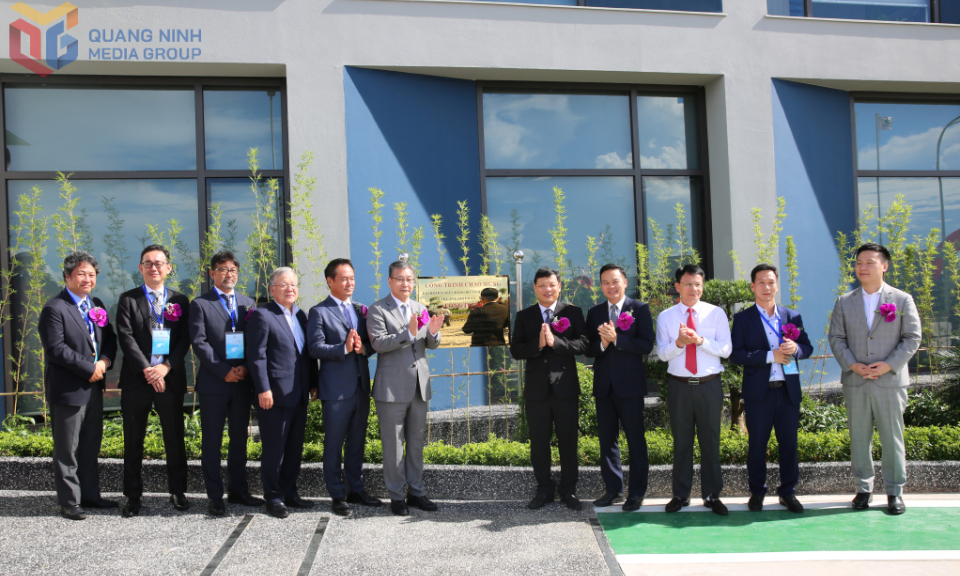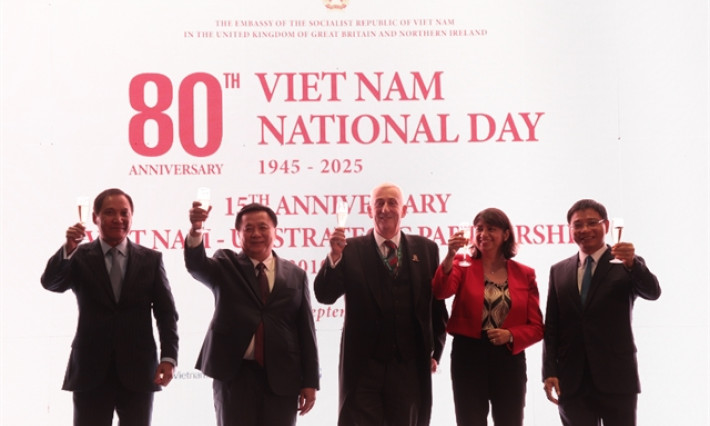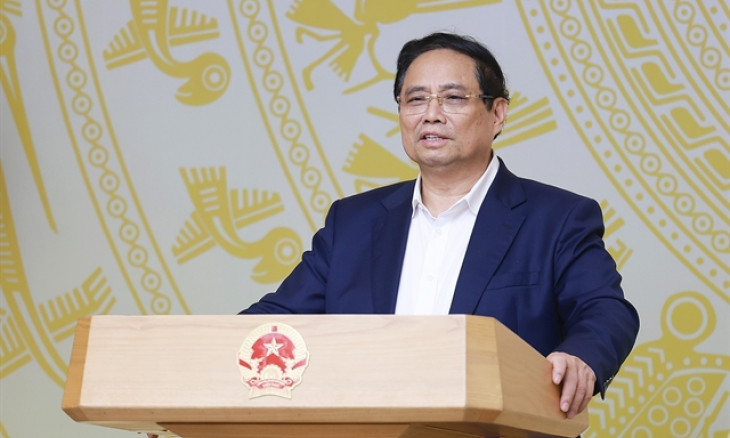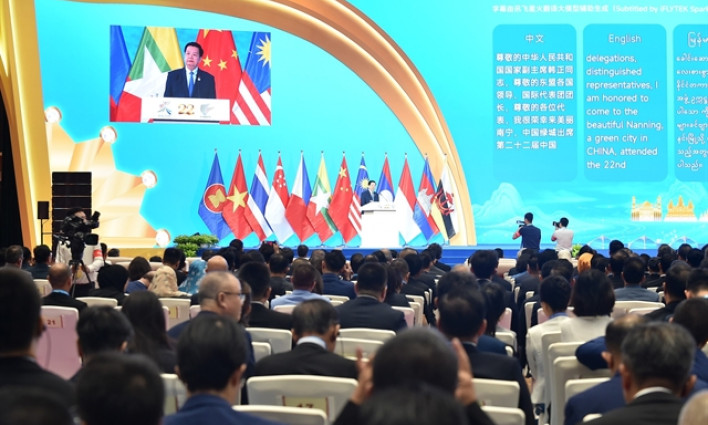Solving human resource problem to develop tourism in Mekong Delta
It is urgent to train quality workers, that is the solution proposed by experts and businesses to develop tourism in the region.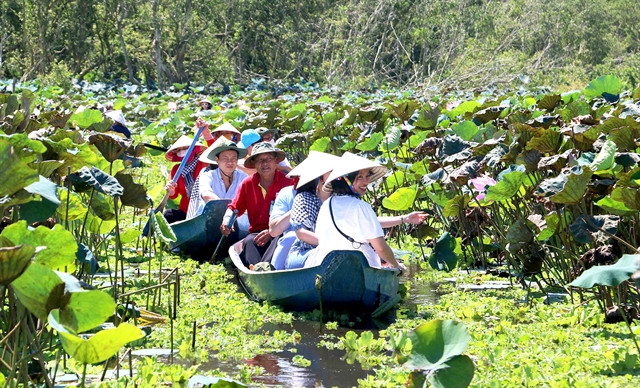
The Cửu Long (Mekong) Delta has many advantages for tourism development, however, the region's human resources have not yet met the requirements in terms of quantity and quality, especially high-end workers.
Therefore, despite its great potential, tourism in the Mekong Delta has so far remained largely 'hidden', according to officials.
Obstacles related to workers
"The number of highly skilled and qualified workers is both lacking and weak, but those who do not meet the requirements are in excess," said Nguyễn Anh Tuấn, Director of the Institute for Tourism Development Research under the Ministry of Culture, Sports and Tourism.
In addition, according to Tuấn, the current difficulty of tourism in the Mekong Delta is the shortage of workers that meet foreign language requirements.
About 30 – 40 per cent of tour guides, tour operators and 70-80 per cent of restaurant receptionists have low foreign language ability.
They also have limitations in terms of information technology in providing tourism services to customers.
Đinh Hiếu Nghĩa, from the Cần Thơ College of Tourism, said that human resources serving the tourism industry in the Mekong Delta were currently in abundance in actual number, but few were skilled.
The reason for the shortfall is while the number of tourism personnel training courses had increased, the quality, especially highly skilled programmes, had not been carefully calculated to meet practical requirements.
Moreover it was not just that the sector needed college or university graduates, but it was equally important that they had soft skills, the ability to meet task demand, apply science and technology, master knowledge and adapt to the economic and international integration, said Nghĩa.
According to the Mekong Delta Tourism Association, this year, the number of direct tourism workers in the whole region is about 67,811 people, an increase of over 9,000 compared to last year, but the number of people with professional training is only 43,876, reaching 64.70 per cent.
Based on this figure, many experts and business representatives believe that the tourism human resources in the Mekong Delta are abundant and on the rise, however in terms of those who have been actually trained, the numbers are the lowest in the country.
According to Permanent Deputy Chairman of the Cần Thơ City People's Committee Dương Tấn Hiển, the region is facing some major challenges to having a high-quality tourism force.
Training quality has not met the real demand, many training facilities have not updated their programmes and teaching methods to suit practical requirements.
Along with that is the lack of connection between training facilities and tourism businesses, limitations in attracting and retaining talent, foreign language proficiency and soft skills have not met standards.
Urgent training
It is urgent to train quality workers, that is the solution proposed by experts and businesses to develop tourism in the region.
Director Tuấn said that tourism training institutions needed to research and review related regulations and standards to build a human resource training framework that is suitable for the practical needs of the region and international integration.
From the business perspective, Trần Thanh Nghị, Director of the Bến Thành Tourist Cần Thơ Branch, said that training based on businesses’ needs were necessary.
Tourism entities and training facilities should be connected to each other to implement practical training programmes, ensuring that students would have the right jobs after graduation, and ensuring that graduates would not work in the wrong field or be unemployed.
Representatives of tourism businesses should directly participate in training, by giving lectures, so that students would have a practical perspective.
Phạm Văn Thuỷ, Deputy Director of the Việt Nam National Tourism Administration under the Ministry of Culture, Sports and Tourism said that education needed short-term and long-term roadmap.
A short-term roadmap should be conducted to immediately meet specific conditions, so that training matches business and local needs. Each area could propose to local authorities to build training policies with a unique identity, suited to them.

